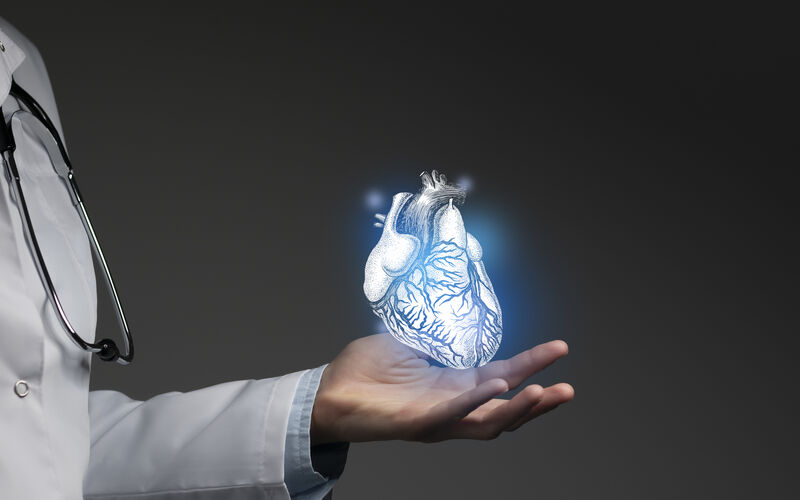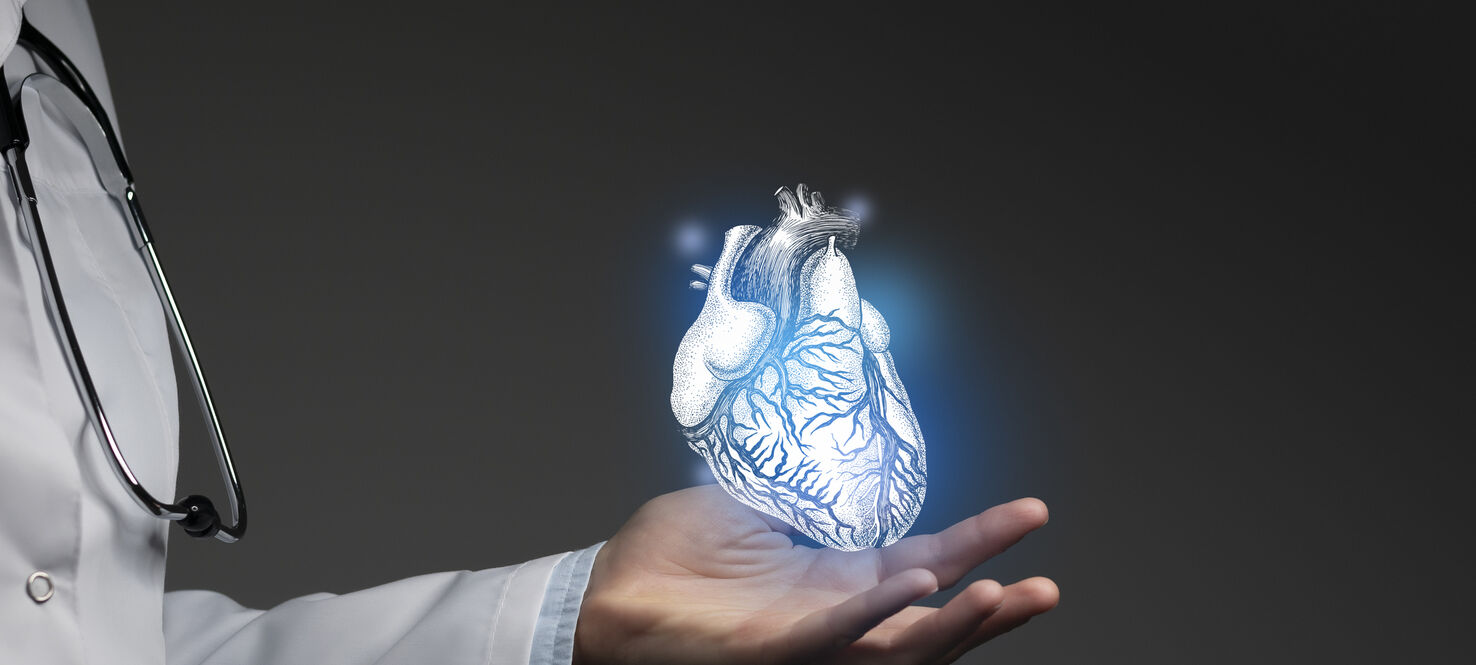At the Heart of the Cancer Battle
It’s rare that cancer directly attacks the heart, but treatments for multiple cancer types can place a burden on the cardiovascular system. That’s where Moffitt Cancer Center’s Cardio-Oncology Program comes in.
“As far as cardiac tumors go, that is only about 1% of the patient population that we see,” said Mohammed Alomar, MD, program director of Cardio-Oncology. “And those tumors can often be a spread from another cancer site.”
The team’s largest volume of patients come from the Breast Oncology Department, according to Alomar. Treatments such as radiation and chemotherapy can increase the chances of heart disease appearing five to 10 years after treatment, so it’s important to continuously monitor the heart.
“People may be surprised to learn that we are not oncologists, we’re cardiologists,” Alomar said of his team. “We specialize in treating the heart in cancer patients and we work closely with a patient’s oncologist to ensure they stay as healthy as possible before, during and after their treatment here.”
Cardio-oncologists also regularly monitors patients from the Malignant Hematology Department, particularly those who have undergone stem cell transplants. That’s because the impact on the heart of newer U.S. Food and Drug Administration-approved treatments such as CAR T-cell therapy (chimeric antigen receptor T-cell therapy) is still unknown.
“CAR T is an amazing and individualized cellular therapy, but we don’t know much yet about cardiac side effects from the treatment,” Alomar said. “So, we screen patients before and after the treatment.”
At Moffitt, the Cardio-Oncology team is very familiar with the different types of cancer therapy, which makes the cardiac care for our patients a lot smoother.




